Free-from food and drink has been one of the fastest-growing categories in UK supermarkets this year, according to research by analysts Nielsen.
The firm’s analysis of till sales showed sales of free-from products rose 18.9% - or £122.9m – year-on-year to £772.2m, making it bigger than categories including instant coffee and sparkling wine.
Mike Watkins, Nielsen’s UK head of retailer and business insight, said that the growth was down to concerns about diet and health.
“Over four in 10 Britons now actively avoid certain ingredients in what they eat and drink,” he added. “Free-from may still have the air of an ‘alternative’ or niche category but it’s now nearly 40% bigger than a signature staple of British consumption – tea.”
“It’s gone from being the preserve of medical condition purchasing, on its own small shelf space, to a lifestyle or general health choice punctuating the likes of ice cream, biscuits, butter, baby food and cough medicine.
“As one of the fastest growing categories, retailers are now giving free-from more space on shelves and it’ll eventually feature in nearly every category and aisle.”
While gluten-free products are enjoying strong growth, dairy-free Alpro was the most popular free-from brand, according to Nielsen, with annual sales of £151.9m. It was followed by Lactofree (£49.2m) and grain-free snack brand Nakd (£36.3 million).
Special dietary requirements costing Brits £2,000 more
Research by discount voucher website VoucherCodesPro has revealed that people with dietary requirements paid an additional £2,000 for food in 2016 compared to consumers who did not have such requirements.
Of the 2,197 people who took part in the research, top dietary requirements included vegetarian (20%), gluten-free (19%) and vegan (15%).
Two fifths of respondents (42%) stated there was a downside to their dietary situation.
All respondents were asked to state roughly how much extra they felt they spent a month purchasing diet-specific food products compared to those without dietary requirements would purchase.
The results showed that the average respondent with a dietary requirement spent an additional £162 per month, equivalent to £1,944 per year.
George Charles, spokesperson for VoucherCodesPro, said: “Although it seems unfair that those with dietary requirements are made to pay more than the rest of us for their food and drink, different machines or ingredients will likely be required in order to make these products and these could well cost more than the standard fare – so someone has to take the hit somewhere down the line.
“As more of us take up selective diets, from low-carb to gluten-free, we may see the prices drop as it becomes cheaper to bulk-produce these items, but if the food costs the manufacturer more it will also cost the consumer more.”






















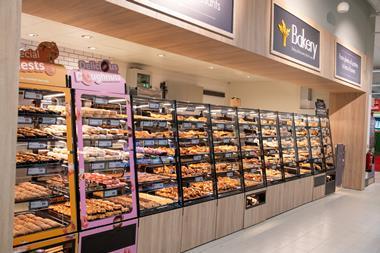


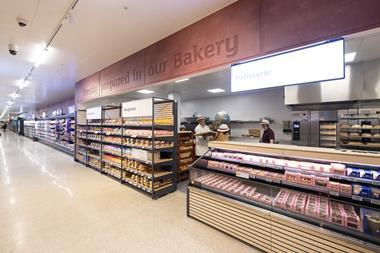


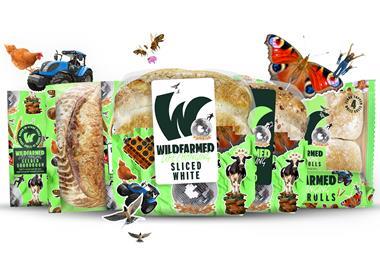

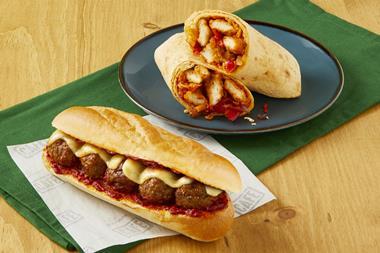
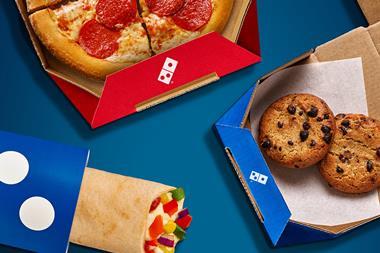
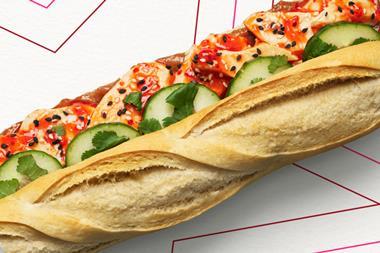
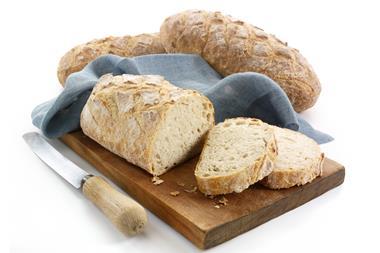

No comments yet